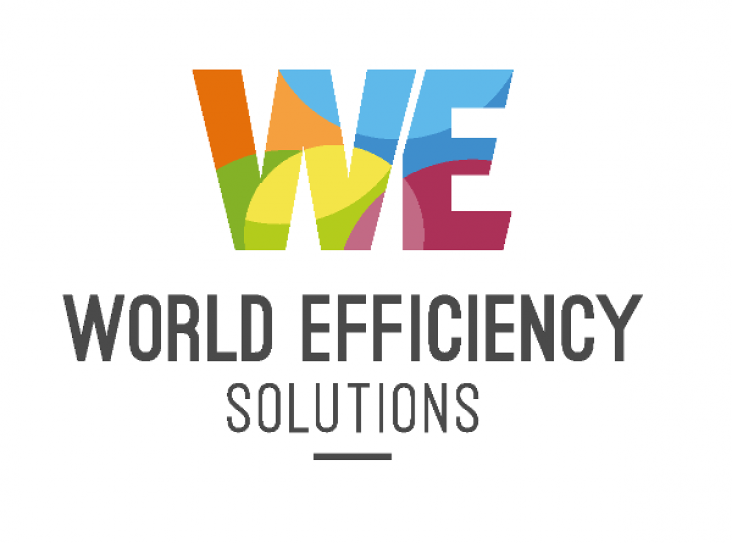
World Efficiency Solutions (WES) is the premier international meeting for the low-carbon and resource-efficient economy focussed on creating the low-carbon and resource-efficient market place. WES was first held in 2015 in Paris during COP21 negotiations, focusing on climate change solutions. World Efficiency develops a new environment consensus: economic and human activities must, to be sustainable, be redesigned to limit their impact on the environment while awareness of the planetary limits (climate change and resources scarcity) becomes widespread. A key objective for WES 2017 is to Identify new market opportunities aligned to the 2030 Sustainable Development Goals (estimated market opportunities are larger than USD 12 trillion) and the Paris Agreement on Climate Change from 2015.
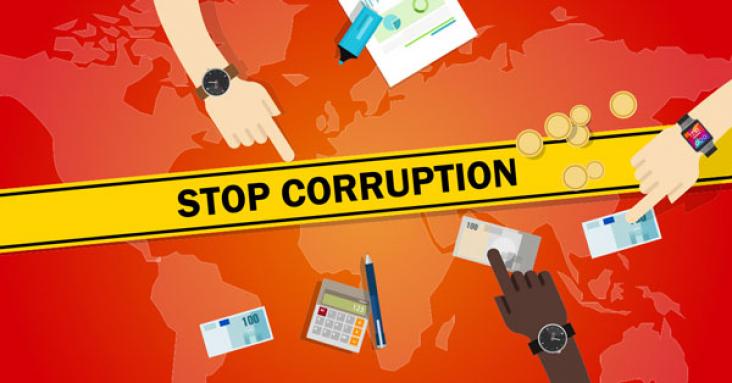
Substantially reducing corruption and bribery in all forms is a target of goal 16 (peace, justice and strong institutions). This blog reviews the rise of anti-foreign bribery legislation in the 20 years since the OECD's Anti-Bribery Convention was signed by 43 states and countries.
In this study, we explore the role of telemedicine in reducing gender-based barriers women and girls in rural areas of Nepal are facing to access healthcare services.
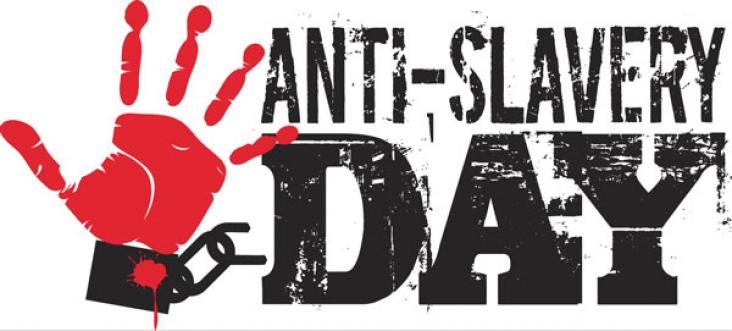
Modern slavery risks have risen across the world over the last year, including in 20 of the 28 member states of the EU. On Anti-Slavery Day, this blog looks at the increased risks and numbers of victims of forced labour in supply chains, and how to mitigate these risks contributing to goal 8 (decent work and economic growth).
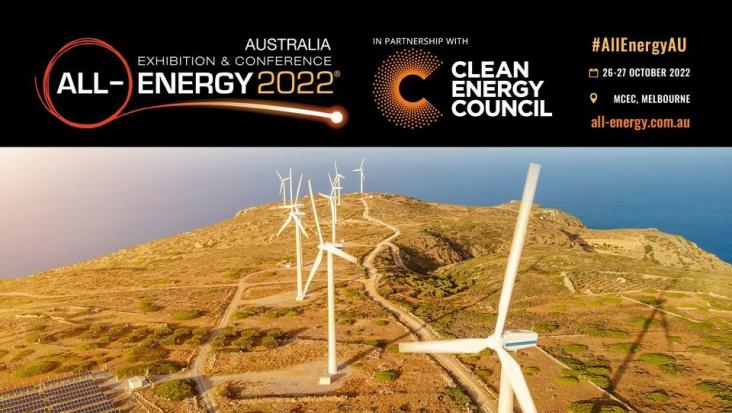
All-Energy Australia is where the country’s clean energy industry meets over two inspiring days to access the latest, cutting-edge information. All-Energy Australia combines a free-to-attend, business-to-business, world-class multi-stream conference with an unrivaled professional development and networking forum alongside a comprehensive exhibition. Clean energy professionals and end-users benefit from unique access to a showcase of innovations in renewable energy including sustainable transport, solar technology, energy storage, energy efficiency and future grid.
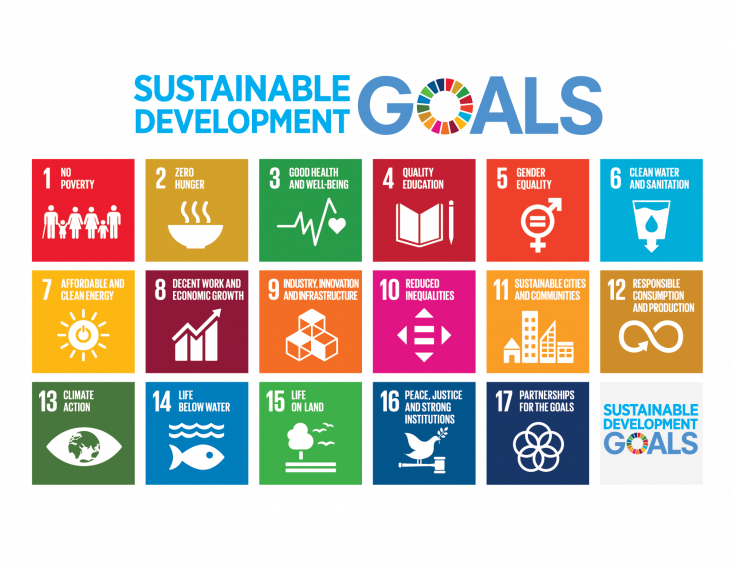
The Blueprint for Business Leadership on the SDGs aims to inspire all business to take leading action in support of the achievement of all Sustainable Development Goals (SDGs).
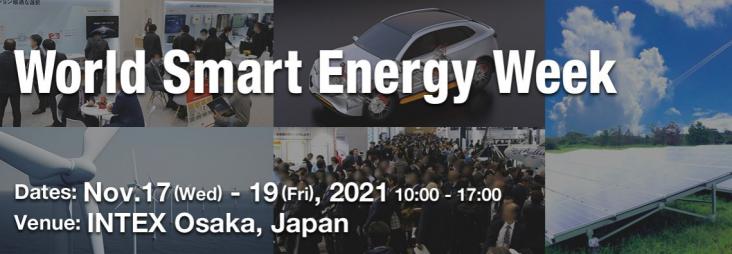
World Smart Energy Week is the world's largest-scale exhibition specialised in renewable energy. Since its launch in 2005, the show serves as the best business platform for those in the energy industry across the globe. This supports SDG 9: to build resilient infrastructure, promote inclusive and sustainable industrialization and foster innovation.
Nanoscience is an inspiring and influential discipline of science which have accessible numerous novel and cost-effective yields and applications.

Correspondent banking is the cornerstone of the global payment system, designed to serve the settlement of financial transactions across country borders. It allows companies and individuals to safely move money around the world and supports and encourages global trade. Since the financial crisis, tighter regulations - and in particular the regulatory penalties imposed for violations of anti-money laundering (AML) – have caused western banks to rethink their global strategy. The risks of doing business in many developing nations are beginning to be seen as outweighing the financial benefits brought by correspondent banking activity. As a result, US and European banks have reduced their correspondent banking activity in the riskiest regions.
Strategic human resource management theory suggests that diversity and equality management (DEM) systems provide a firm with a competitive advantage, leading to superior performance.
